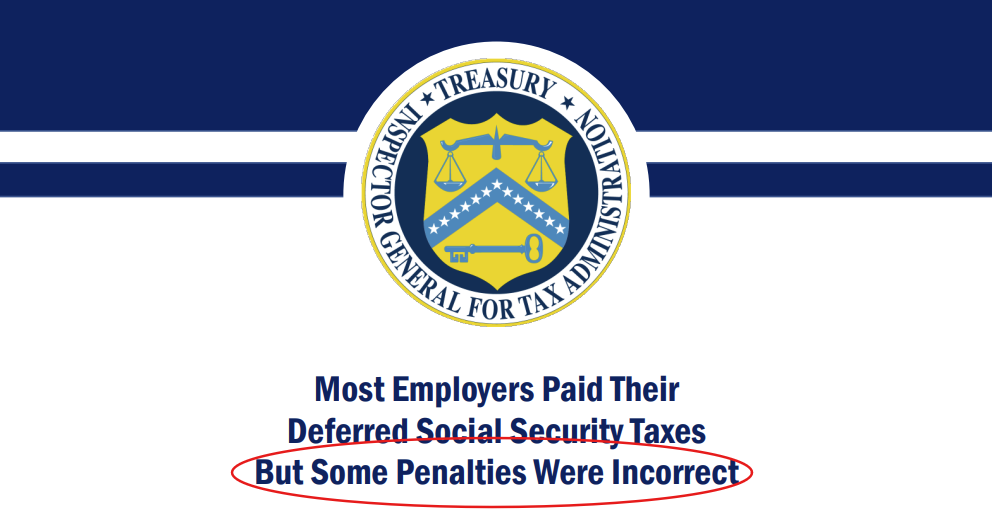There’s no need to panic when a liability with the IRS, even a large one, is uncovered. There is a solution. If your client can become and remain current and compliant with its tax deposit requirements (and service its other debts), an Installment Agreement can be negotiated to address the delinquent liabilities – regardless of the size of the liability. The IRS cannot levy bank accounts or receivables while the Installment Agreement is in effect and in good standing. More importantly, the Installment Agreement is a prerequisite for a subordination of federal tax lien, which puts you back into the first secured position relative to the inventory and receivables, despite the existence of a federal tax lien. So long as your client has an Installment Agreement in place with the IRS and you have secured a subordination of federal tax lien, you have nothing to fear from the IRS.




